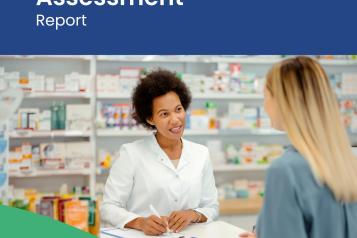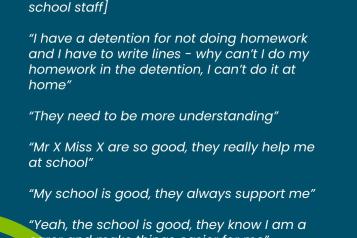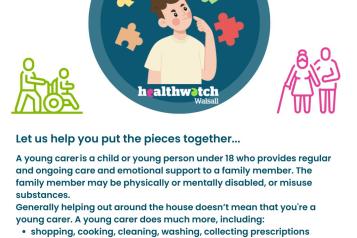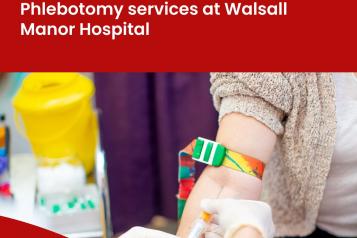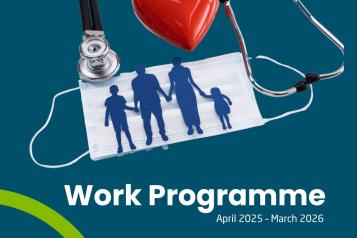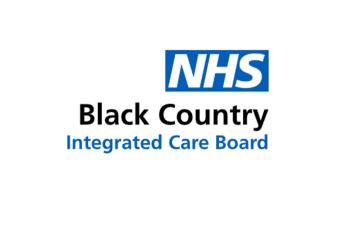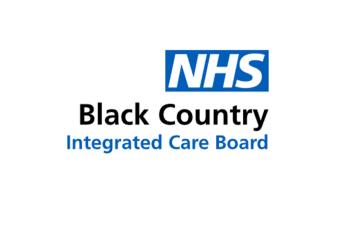
Health advice in hot weather
The NHS in the Black Country has issued important guidance as temperatures climb this week.
The Met Office, in conjunction with the UK Health Security Agency (UKHSA), has issued a yellow heat alert as temperatures are set to rise this week, with people advised to take extra care in the heatwave conditions.
Over the next few days temperatures across the Black Country are predicted to reach up to 30 degrees Celsius, with the yellow alert in place from Wednesday 18 June until Sunday 22 June.
Dr Ananta Dave, Chief Medical Officer for the NHS Black Country Integrated Care Board, said: “While many of us enjoy the sunshine and warmer weather, high temperatures can pose serious health risks, especially for older adults, young children, and people with existing health conditions. These groups are less able to regulate body temperature and are more vulnerable to overheating, heat exhaustion, and even heatstroke.
“Many of these heat-related illnesses are preventable with a few simple precautions. Try to stay indoors during the hottest part of the day, usually between 11am and 3pm. Keep hydrated by drinking plenty of cool fluids, avoid sunburn by applying sunscreen regularly, and seek shade whenever possible. If you need to go out, take water with you and wear light, loose-fitting clothing. At home, keep indoor spaces cool by closing blinds or curtains in sun-facing rooms.
“It’s also important we look out for one another. Check in on elderly neighbours, friends, or family members who may need extra support during periods of prolonged heat. A small act of kindness can go a long way.
“By taking these simple steps, we can help ensure that everyone stays safe, comfortable, and well during the warmer months.”
If you, or others, start to feel unwell, move out of the heat immediately and drink some water to rehydrate. If you feel dizzy, weak, or have a headache and intense thirst, visit NHS 111 online or call 111 for more advice.
The Met Office, in conjunction with the UK Health Security Agency (UKHSA), has issued a yellow heat alert as temperatures are set to rise this week, with people advised to take extra care in the heatwave conditions.
Over the next few days temperatures across the Black Country are predicted to reach up to 30 degrees Celsius, with the yellow alert in place from Wednesday 18 June until Sunday 22 June.
Dr Ananta Dave, Chief Medical Officer for the NHS Black Country Integrated Care Board, said: “While many of us enjoy the sunshine and warmer weather, high temperatures can pose serious health risks, especially for older adults, young children, and people with existing health conditions. These groups are less able to regulate body temperature and are more vulnerable to overheating, heat exhaustion, and even heatstroke.
“Many of these heat-related illnesses are preventable with a few simple precautions. Try to stay indoors during the hottest part of the day, usually between 11am and 3pm. Keep hydrated by drinking plenty of cool fluids, avoid sunburn by applying sunscreen regularly, and seek shade whenever possible. If you need to go out, take water with you and wear light, loose-fitting clothing. At home, keep indoor spaces cool by closing blinds or curtains in sun-facing rooms.
“It’s also important we look out for one another. Check in on elderly neighbours, friends, or family members who may need extra support during periods of prolonged heat. A small act of kindness can go a long way.
“By taking these simple steps, we can help ensure that everyone stays safe, comfortable, and well during the warmer months.”
If you, or others, start to feel unwell, move out of the heat immediately and drink some water to rehydrate. If you feel dizzy, weak, or have a headache and intense thirst, visit NHS 111 online or call 111 for more advice.
Advice and Information
